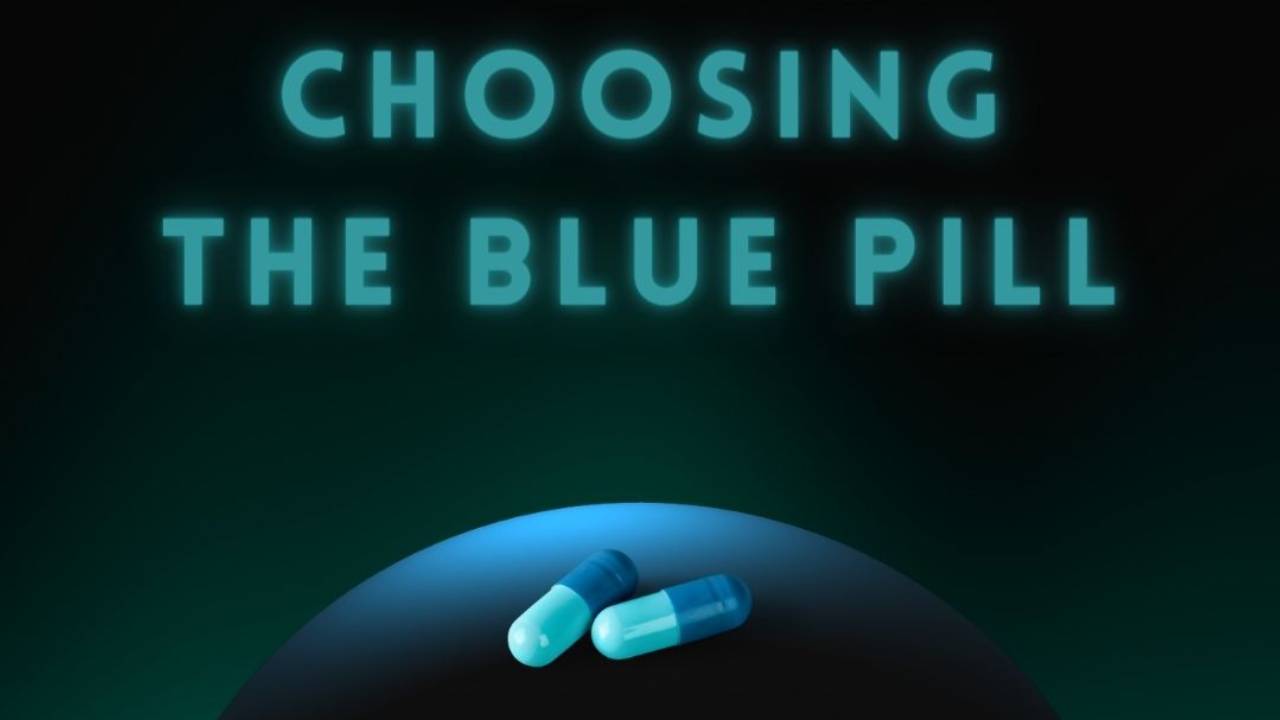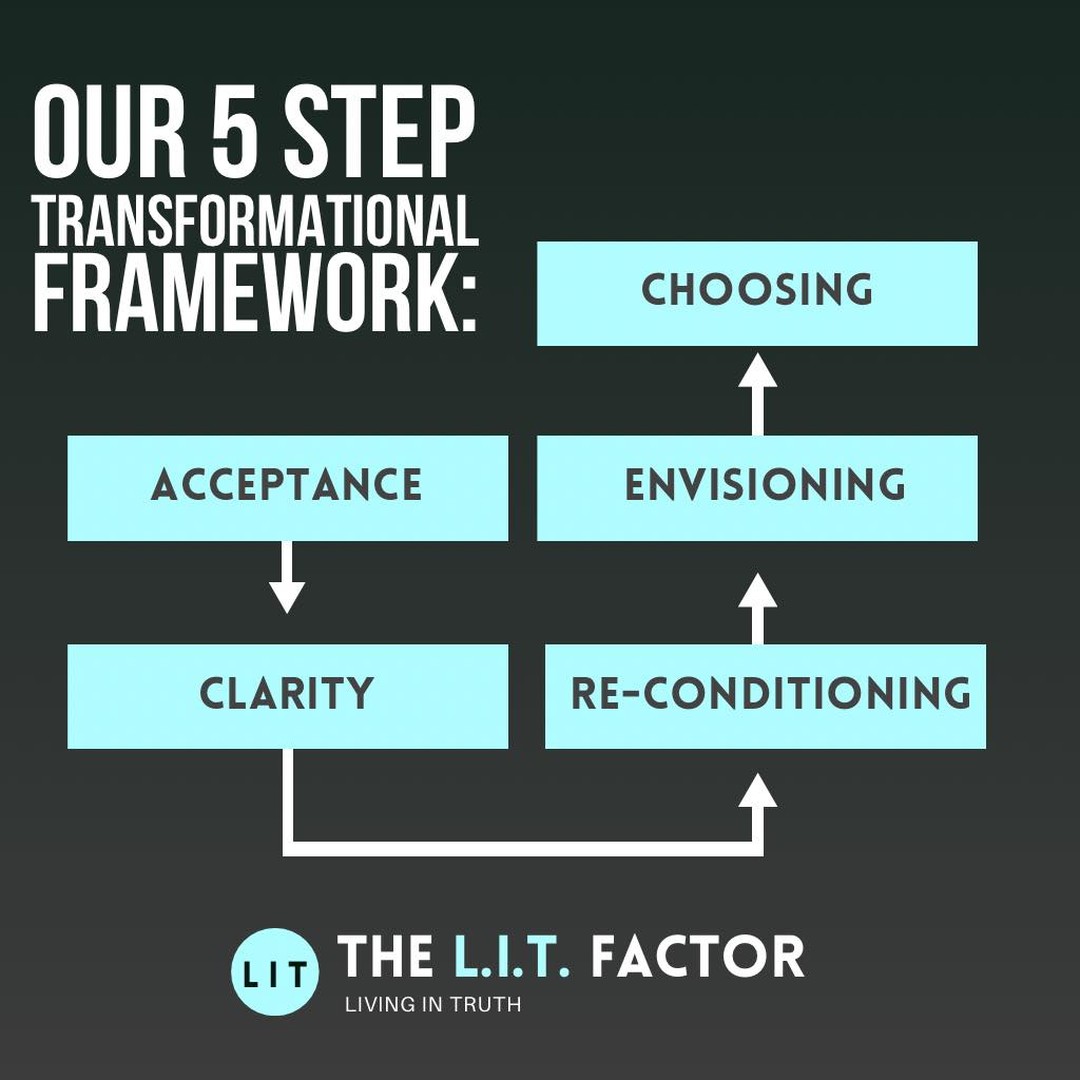Toxic People, Shadows, & Levels of Consciousness
Feb 09, 2023
Toxic People are our Shadows reflected back at us. . .
Shame is a consequence of the negation of the realities of both self and self. - David Hawkins, M.D., Ph.D.
Imagine if you walked into my therapy office full of pain and shame. You finally worked up the courage to reach out to a therapist after years of being told you ought to consider it. You finally show up for you initial meeting and after pouring it all out, I told you the reason for all of your problems is that you are simply a "toxic person".
Imagine the feeling that would follow. You'd not want to engage further. You’d not want to engage further because the concepts of ‘sin’ and ‘shame’ have similar energetic frequencies. They even have the same origin, which is interpreted to mean "to cover".
Usually in psychotherapy it can take months before a person discusses the core of what causes them to experience crippling levels of guilt, typically irrational in nature. People typically hide themselves for some time before they feel safe enough to allow the burdened parts of themselves, hiding in the shadow areas of the human psyche, to be exposed.
In a world of casting stones via mental concepts designed to judge and punish, the process of shadow psyche integration becomes nearly impossible to complete. Repressed emotions fester and may even allow psychic gangrene to set in, manifesting as the desire to limit, restrain, harm, and/or end the life of the Other.
According to David R. Hawkins, M.D., Ph.D. . . .
"Guilt, so commonly used in the form of blame by our society to manipulate and punish, manifests itself in a variety of expressions . . . Guilt domination results in preoccupation with ‘sin’, an unforgiving attitude frequently exploited by religious demagogues who use it for coercion and control. Such ‘sin and salvation’ merchants, obsessed with punishment, are likely either acting out their own guilt or projecting it onto others.”
The illusionary fight of ‘right’ and ‘wrong’ manifests itself the same no matter the human because it is being projected from the same source, the ego's linear perception of reality and obsession with safety.
A societal example would be members of particular religious communities that cast their energetic stones by calling “the secular world" sinful abominations. The oftentimes victims of religious trauma who have an allergic reaction to anything reminiscent of their religious indoctrination mimic what was modeled by becoming emboldened to cast their stones right back. The stones are more subtle and sophisticated. Psychological warfare has become so subtle that it is even promoted by leaders in the field of mental health and various social influencing spaces.
Mass co-regulation of the collective conscious occurs via the media and formal institutions we participate and interact with throughout our lifespan.
The victimized adopt their own labels, targeting and labeling their foe as toxic. The bullied internalizes the hate and then chooses to adopt the persona of the bully. Rinse, recycle, and repeat becomes the never-ending negative feedback algorithm of hate being internalized and then projected. The fighting tribes are simultaneously co-regulating each other to the same level of consciousness without realizing it. Both parties are standing too close to the sun and fall deeper into the trance of unworthiness.
Dr. Hawkins has reported through his research, Guilt and Vindictive Hate both calibrate on the same Level of Consciousness, 30.
One way the ego mechanism handles guilt is by projection, so that one’s motives and emotions are disowned and seen as being ‘out there’ and therefore an object of justified hate and vindictiveness. . . A spiritual paradox is represented by the religious teaching of ‘hating sin’, which merely expresses the very thing it deplores.
Transcendence is an actual phenomenon. It occurs through the continual integration of the Jungian “shadow self” and the rest of one’s collective conscious and unconscious parts of the personality. This occurs, not at once, but throughout a person's life. Until then, the resistance of our culture to integrate our collective shadows will continue to manifest as judgement, condemnation, and physical punishment.
Our current criminal justice system reflects institutional calibration to the level of consciousness of guilt and vindictive hate. The condemned become the burden bearers of our shadows, pain, vengeance, revenge, resentment, and outrage. The primary reason the American Prison Industrial Complex is hell on Earth is because we need it to be. Our egos' repulsions to our shadows demand there be a place for exiles cast out and far away from society and collective awareness of descent, "good" citizens.
We can then cast our dirt and remain with clean hands with the brutality of it remaining outside of our conscious awareness, just as our ego protectors told us to. Psyche fragmentation becomes even more cemented into the cultural algorithm of society through 'group think' at the lowest calibration levels of consciousness. We eventually even create reality shows daring others to go into hell for 30 days or more for entertainment. TV provides a safe distance to project and then explore our shadows.
“Oftentimes have I heard you speak of one who commits a wrong as though he were not one of you, but a stranger unto you and an intruder upon your world.
But I say that even as the holy and the righteous cannot rise beyond the highest which is in each one of you, So the wicked and the weak cannot fall lower than the lowest which is in you also.
And as a single leaf turns not yellow but with the silent knowledge of the whole tree, So the wrong-doer cannot do wrong without the hidden will of you all. . .” - Kahlil Gibran on Crime and Punishment
There has to be a punishment system in place when Self is calibrating to the lower, or base ego-rooted levels of consciousness. When an individual's level of consciousness raises in frequency, the inner map of their mind changes. They move from eye level to sky level. Their relationship with their ego changes. They escape a little more form the linear thinking of ‘right’ and ‘wrong’ as labels to summarize a person. They escape a little more from needing people to be “toxic” in order to explore the illusion of “toxicity” that some of their parts still perceive to be true for them.
As disillusionment occurs, the person who was once blind to the self-sabotaging responses to their ego fears and insecurities, can then see from a more expansive vantage point. From that perspective, the way we understand life evolves. The person moves from the ego-rooted snapshot of reality happening to them to the panoramic balcony views of life and the understanding that synchronicity never sleeps. The enemy that was labeled toxic disappears and can clearly be ruled out as f.alse e.vidence a.ppearing r.eal. It was only real on the level of consciousness at that specific calibration level.
We cannot change anything unless we accept it. Condemnation does not liberate. It further oppresses. - C.G. Jung
If we continue to do the same thing, make the same choices, expecting different results, we choose to invite in an insanity that will eventually leave all exposed lost and blind.
Are we tired yet? . . .
3.1 Shadow Series - "Triggers" with Michael Padurano
In our Season 3 premiere, we are speaking with Michael Padurano, a business coach and guide for leaders who are on a mission to elevate humanity through knowledge and understanding. We discuss the great impact that doing inner work can have not only on ourselves, but on society as a whole. We also dialogue on the concept of "triggers" in context of it being a tool for deeper understanding, how our educational systems are failing us, and how corporate America can invoke real change within their organizations.
References:
Hawkins, D. R. (2015). Guilt and Vindictive Hate. In Transcending the levels of consciousness: The stairway to enlightenment (pp. 48–76). essay, Hay House.
Kahlil Gibran on Crime & Punishment. Kahlil Gibran on Crime and Punishment. (n.d.). Retrieved February 8, 2023, from http://www.katsandogz.com/gibran/oncrime.php
Shame (n.). Etymology. (n.d.). Retrieved February 9, 2023, from https://www.etymonline.com/word/shame
Tara Brach. (2022, March 3). Article: Awakening from the trance of unworthiness. Tara Brach. Retrieved February 9, 2023, from https://www.tarabrach.com/inquiring-trance/
Are you sick of binging self-help books and still feeling stuck?
Join the TRUTH SEEKERS BOOK CLUB
If you're ready to see real change and feel supported in your journey to authentic living, this is the place for you. For just $17/mo, you'll get exclusive annotated chapters, bi-weekly meetups and access to an exclusive online community, built just for truth-seekers like yourself.


